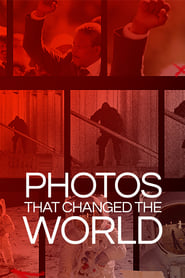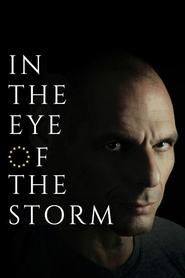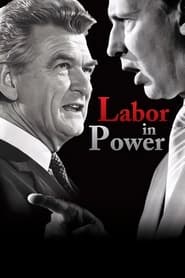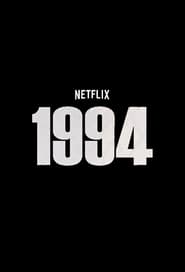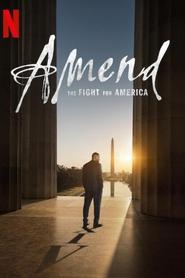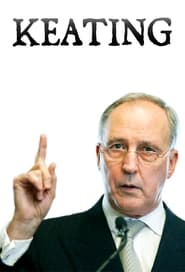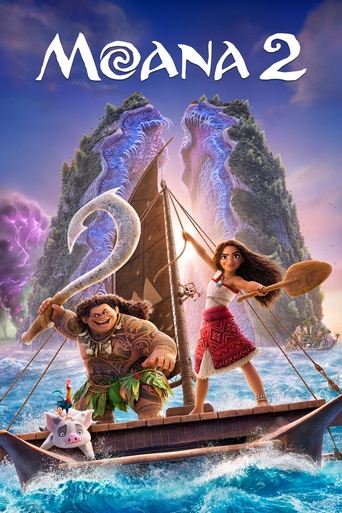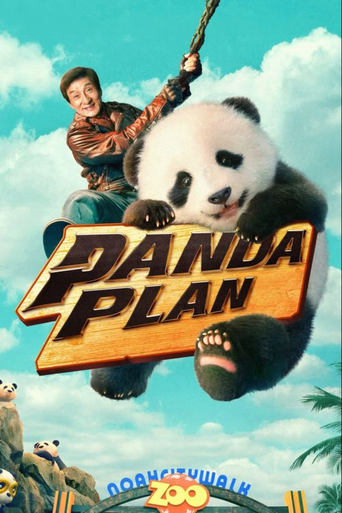Crash Course U.S. Government and Politics - Season 1 Episode 35 Political Ideology
So today Craig is going to look at political ideology in America. We're going to focus on liberals and conservatives and talk about the influencers of both of these viewpoints. Now, it's important to remember that political ideologies don't always perfectly correspond with political parties, and this correspondence becomes less and less likely over time. So, sure we can say that Democrats tend to be liberal and Republicans tend to be conservative, but we're not going to be talking about political parties in this episode. It's also important to note, that there are going to be a lot of generalizations here, as most peoples' ideologies fall on a spectrum, but we're going to try our best crosses fingers to summarize the most commonly held viewpoints for each of these positions as they are used pretty frequently in discussions of American politics.
Year: 2016
Genre: Documentary
Country: United States of America
Studio: YouTube
Director:
Cast: Craig Benzine
Crew:
First Air Date: Jan 23, 2015
Last Air date: Mar 04, 2016
Season: 1 Season
Episode: 50 Episode
Runtime: 10 minutes
IMDb: 0.00/10 by 0.00 users
Popularity: 2.431
Language: English
Keyword : politics, government
Episode
Introduction
The Bicameral Congress
Separation of Powers and Checks and Balances
Federalism
Constitutional Compromises
Congressional Elections
Congressional Committees
Congressional Leadership
How a Bill Becomes a Law
Congressional Decisions
Presidential Power
Presidential Powers 2
Congressional Delegation
How Presidents Govern
Bureaucracy Basics
Types of Bureaucracies
Controlling Bureaucracies
Legal System Basics
Structure of the Court System
Supreme Court of the United States Procedures
Judicial Review
Judicial Decisions
Civil Rights & Liberties
Freedom of Religion
Freedom of Speech
Freedom of the Press
Search and Seizure
Due Process of Law
Equal Protection
Sex Discrimination
Discrimination
Affirmative Action
Public Opinion
Shaping Public Opinion
Political Ideology
Election Basics
Gerrymandering
How Voters Decide
Political Campaigns
Political Parties
Party Systems
Interest Groups
Interest Group Formation
Media Institution
Media Regulation
Market Economy
Government Regulation
Monetary and Fiscal Policy
Social Policy
Foreign Policy
